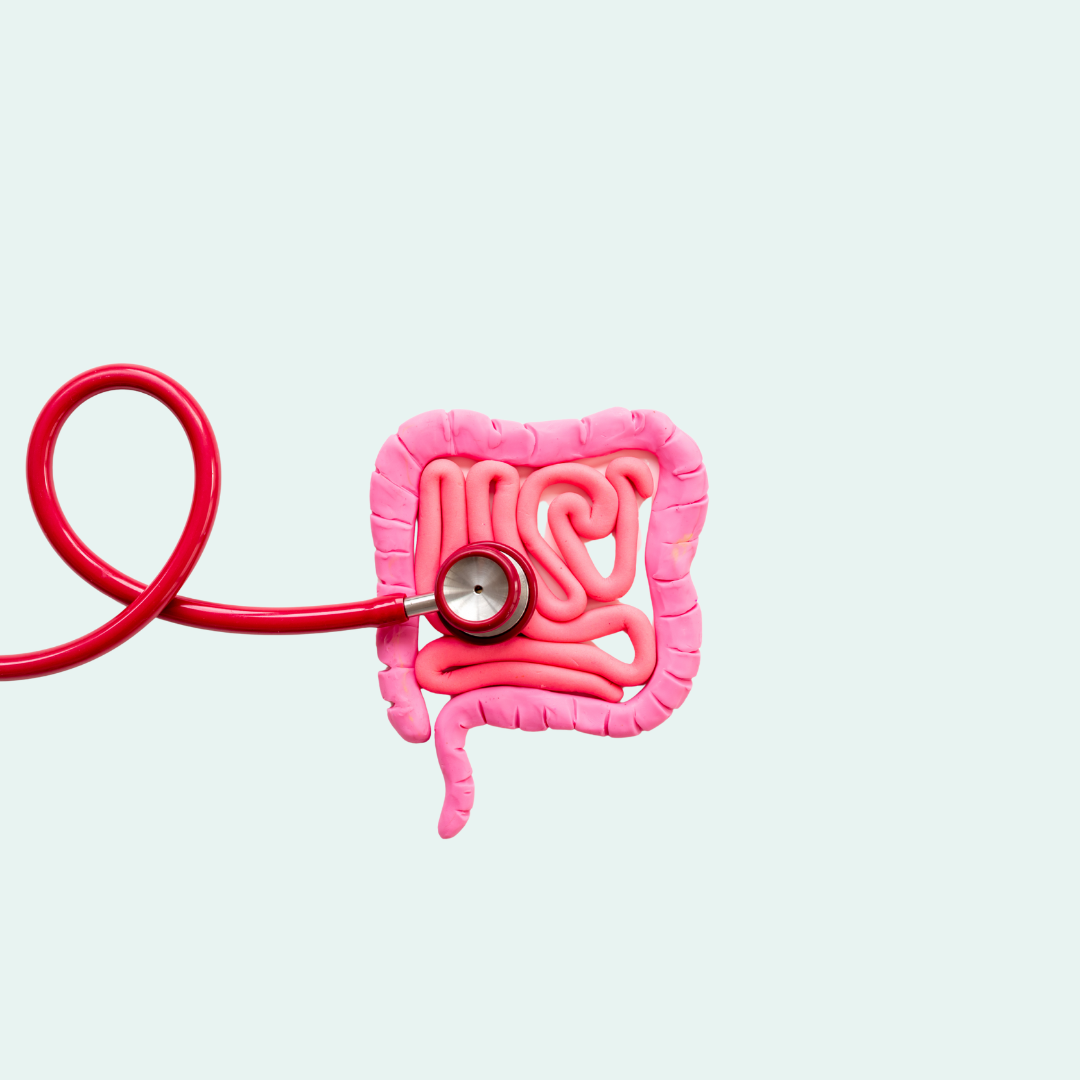Digestion is one of those things that’s easy to take for granted until it stops working.
Maybe you’ve been there.
Frantically, searching for answers (and getting none) from family, friends, and doctors can cause you to think…'well several of my relatives have dealt with this too 🤔 …. so maybe I’m just stuck with it. Maybe it’s my genes.'
Yes and no.
Lifestyle wins over genes with most nutritional conditions.
Nutritionally speaking there really aren’t good or bad genes, just different combinations that have both potentially positive and negative attributes. Even if someone is born with what they consider a “less than ideal” genetic pattern, lifestyle can help to maximize their health potential with personalized nutrition and lifestyle habits. Here’s an example of how genes and lifestyle interact when it comes to digestion and gut health:
About 50% or more of IBS cases are caused by Small Intestinal Bacterial Overgrowth or SIBO
About 50% or more of IBS cases are caused by Small Intestinal Bacterial Overgrowth or SIBO, which is an overgrowth of good and/or bad bacteria in the small intestine (where there should ideally be no bacteria). Maybe bacteria migrated from the large intestine after surgery or heavy antibiotic use, or perhaps low stomach acid from years of antacid use, B12 deficiency, or underlying hypothyroidism allowed bacteria from food or water to grow where it doesn’t belong. Regardless of how it got there, there’s usually a somewhat obvious trigger that helped it to develop.
The recurrence rate of SIBO is also very high, meaning it comes back 90% of the time if certain steps aren’t taken to fully restore gut and nutritional health. This is where nutrigenomics comes in, and can explain why some people have a stronger propensity to recurring gut issues.
What is DAO and what does it have to do with gut health and genetics?
DAO is a gene that governs histamine metabolism. Histamine is a naturally occurring chemical found in foods, and is also released by certain gut bacteria and as a byproduct of immune exposures such as environmental allergies. Our bodies normally have the ability to break down histamine. However, for a variety of reasons, including vitamin/mineral deficiencies (especially Vit C and copper) and/or a functioning DAO gene, histamine may build up and irritate the gut lining and/or worsen or perpetuate SIBO and general gut inflammation.
What is PEMT and what does it have to do with gut health and genetics?
PEMT is another gene that comes into play frequently with recurring digestive problems including SIBO (often less-specifically diagnosed as IBS), fatty liver, and gallstones or gallbladder sludge.
PEMT helps make choline, a vitamin-like compound, and phosphatidylcholine which is a fatty acid version of choline. They are vital to a process called methylation which is constantly working to detoxify the body and support energy production. Read more about methylation here.
Needless to say, it’s pretty important. When choline is low in the diet or the demand/need is higher due to pregnancy, menopause, or a slower PEMT gene, bile doesn’t flow as easily and the liver and gallbladder can get backed up. This can mean poor fat digestion and constipation, both of which compound the likelihood of deeper digestive issues or SIBO developing. Bile also has an antimicrobial effect, so SIBO and other gut infections are more likely to recur. Choline is most concentrated in animal foods and the need for choline increases with pregnancy and menopause, so vegans and women are most likely to have low levels.
Ok so cool info, but what the heck do we do?
The point here is that if SIBO or poor digestion seems to haunt your dreams and life even after dealing with it once or twice, there may be deeper underlying factors at play that could be helpful in finding a more permanent resolution of symptoms.
It’s important to consider how a stronger propensity toward dramatic histamine response (ie are there symptoms during allergy season or when drinking alcohol for example) may be impacting the whole digestive picture and inhibiting healing. Or for someone eating a vegan diet with recurring gallbladder issues and/or SIBO, choline may need to be a nutritional focus in the diet or perhaps supplemented to avoid recurrence.
And of course, these genes can be tested, which is the most helpful in taking a deeper dive into they “why” of seemingly more permanent or hard to fix issues. So take courage—sometimes digestive issues aren’t as simple as they seem, but the good news is there are more tools in the toolbox, and even deeper ways to look at these issues so they can be resolved long term!
I'm here to help, when you're ready! 👇
Recent Blog Posts
Share this post!
About the Author
Rhya Pachin is a licensed dietitian nutritionist who employs an "integrative" approach to support overall health rather than addressing just one symptom. As a certified LEAP therapist, she designs and supervises custom elimination diets. Her focus areas include gastrointestinal conditions like IBS and IBD, autoimmune diseases such as rheumatoid arthritis and Hashimoto's, persistent weight issues, food sensitivities, and chronic inflammatory conditions in both adults and children.





